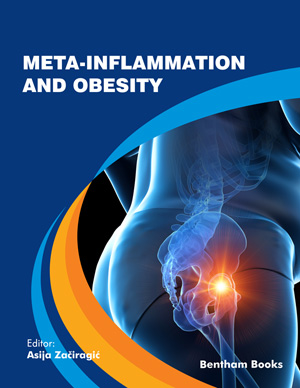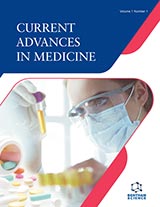Abstract
The term inflammaging refers to chronic, low-grade systemic inflammation that can be conceptualized as a basis for human aging. Although the importance of inflammaging in the aging process is now well recognized, its etiology remains largely unknown. In this chapter, several possible mechanisms underlying chronic systemic low-grade inflammation are discussed in addition to several pillars of geroscience that attempt to explain the association between aging and age-related diseases. Health preservation strategies that restrict or prevent inflammaging and serve to boost antiinflammaging mechanisms are also discussed. Moreover, this chapter presents an overview of obesity and obesity-related diseases in the elderly. The relationship between inflammaging and obesity in the elderly is explored as well as a potential explanation of the “obesity survival paradox”. The chapter also briefly presents the most common obesity-related complications in older individuals as well as treatment options in aging populations. The final part of the chapter links inflammation with obesity in more detail. The potential of obesity to accelerate the aging process is also discussed, as well as features of dysfunctional, aged adipose tissue. Given that in the last two decades, the role of chronic systemic low-grade inflammation has gained significant attention as the key player in pathophysiology of obesity- and agingassociated diseases, future studies should unravel whether inflammatory processes are the cause or consequence of obesity and aging. Furthermore, although some therapeutic interventions alleviate obesity, it seems that they are not sufficient alone and should be reinforced with the use of medications and other therapeutic modalities proven to decrease inflammatory processes.
Keywords: Aging, Aging-related diseases, Geroscience, Inflammaging, Lowgrade systemic inflammation, Obesity, Obesity-related diseases.






















